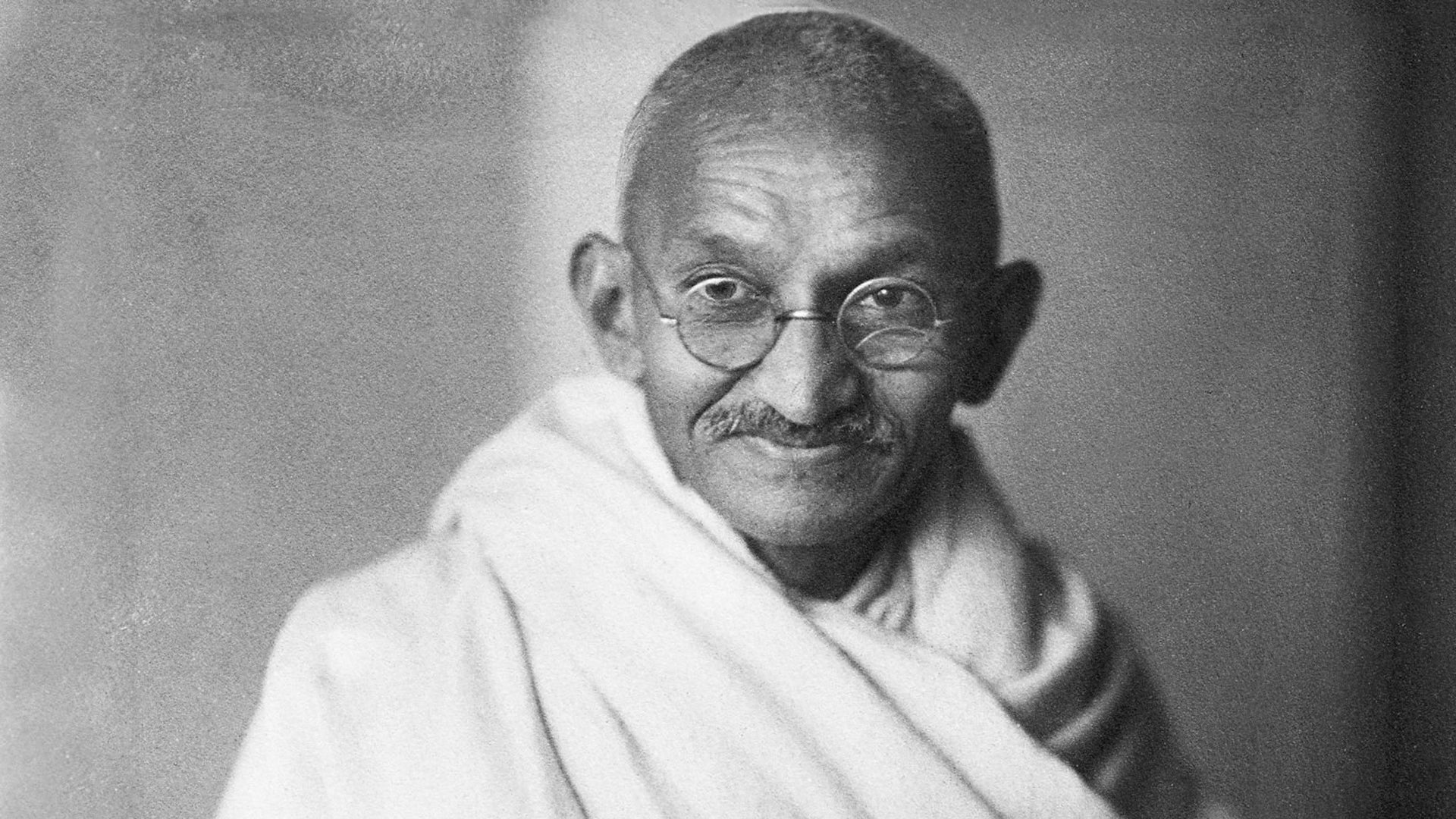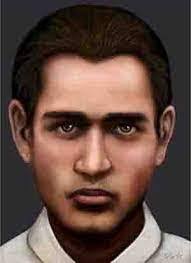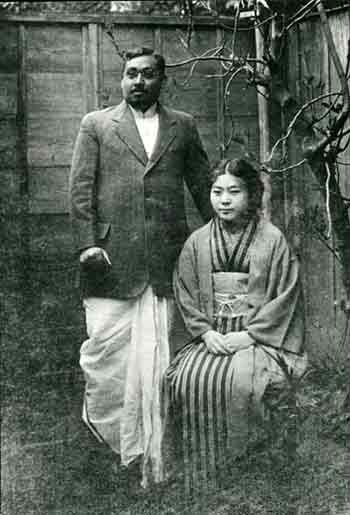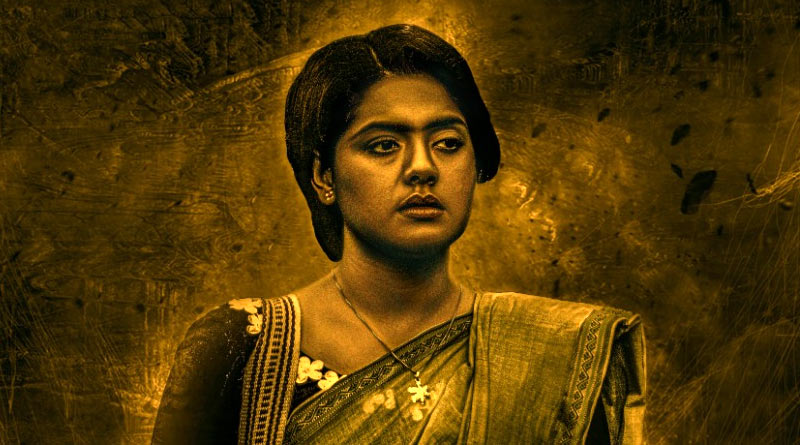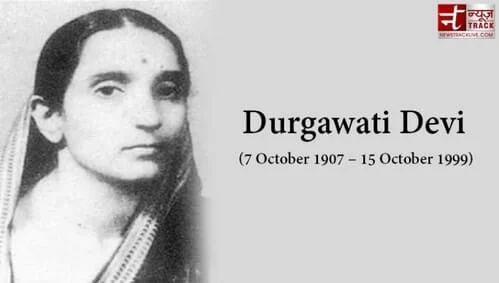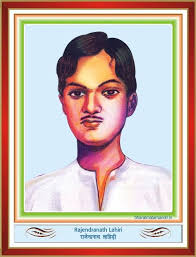Mahatma Gandhi, revered as the Father of the Indian Nation, was an iconic figure in the struggle for India’s independence from British colonial rule. Born on October 2, 1869, in Porbandar, India, Gandhi’s philosophy of nonviolent resistance, known as Satyagraha, became the guiding principle of India’s freedom movement.
Early Life and Education: Growing up in a devout Hindu family, Gandhi was deeply influenced by the teachings of ahimsa (nonviolence), compassion, and tolerance. He pursued his education in law in London and later practiced law in South Africa, where he first became actively involved in social and political activism, fighting against racial discrimination and injustice.
Satyagraha and Nonviolent Resistance: Gandhi’s concept of Satyagraha, or truth-force, emphasized the power of nonviolent resistance in achieving social and political change. Through acts of civil disobedience, boycotts, and peaceful protests, Gandhi mobilized millions of Indians in their quest for freedom, inspiring similar movements around the world.
Salt March and Civil Disobedience Movement: One of Gandhi’s most iconic acts of resistance was the Salt March in 1930, where he led thousands of Indians on a 240-mile march to the Arabian Sea to produce salt from seawater, defying the British salt monopoly. This symbolic protest galvanized the nation and marked the beginning of the Civil Disobedience Movement against British rule.
Champion of Social Justice: Gandhi was not only a leader in the fight for political independence but also a champion of social justice and equality. He campaigned tirelessly against untouchability, promoted Hindu-Muslim unity, and advocated for the rights of women and oppressed castes, striving to build a more inclusive and compassionate society.
Legacy and Influence: Mahatma Gandhi’s legacy extends far beyond India’s struggle for independence. His principles of nonviolence, tolerance, and self-discipline continue to inspire movements for social change and justice worldwide. From civil rights leaders like Martin Luther King Jr. to anti-apartheid activists like Nelson Mandela, Gandhi’s message of peace and resistance resonates with people of all backgrounds and cultures.
Assassination and Martyrdom: Tragically, Gandhi’s life was cut short when he was assassinated by Nathuram Godse, a Hindu nationalist, on January 30, 1948. His death was mourned not only in India but around the world, and he remains a symbol of peace and moral courage.

